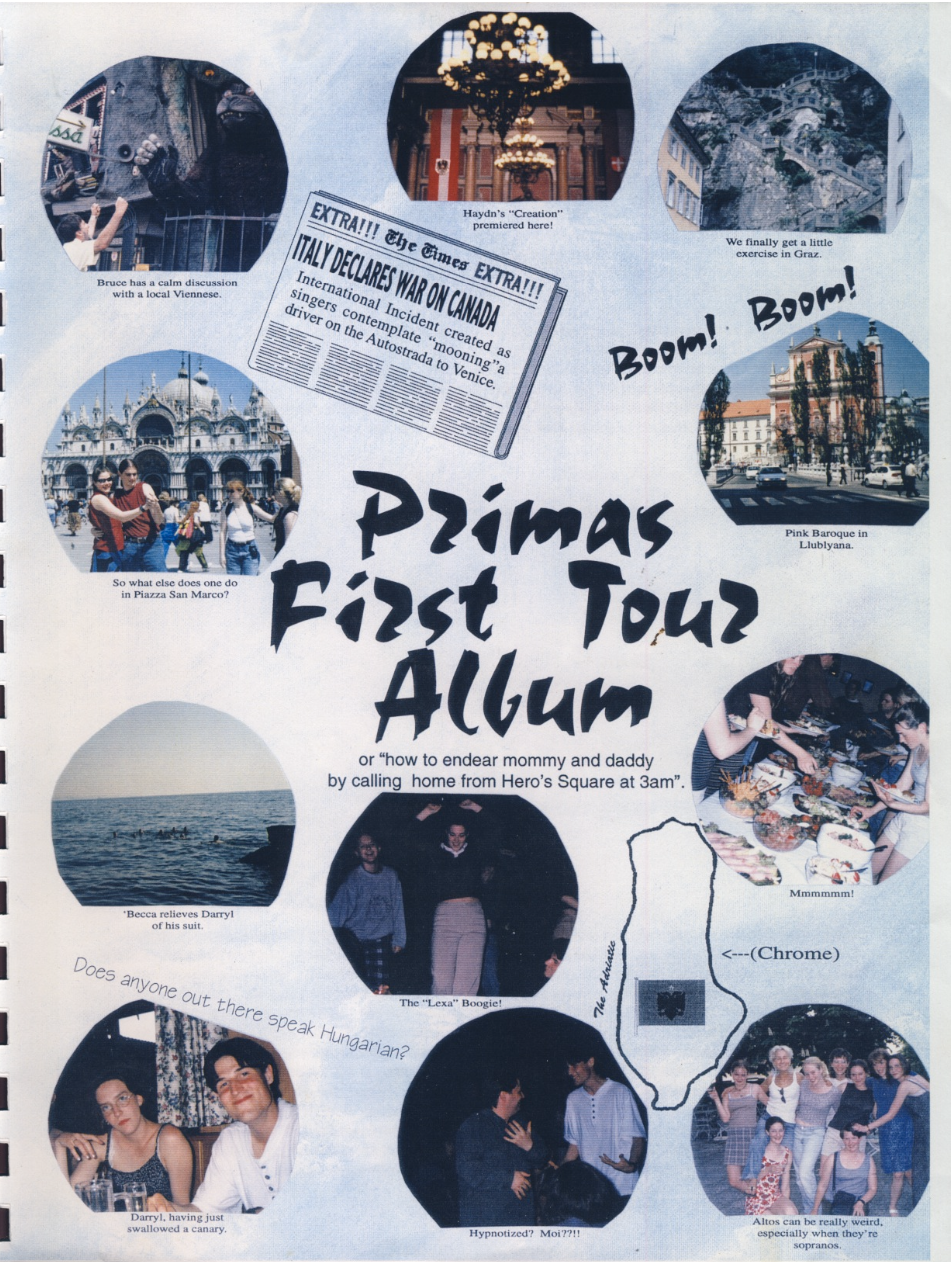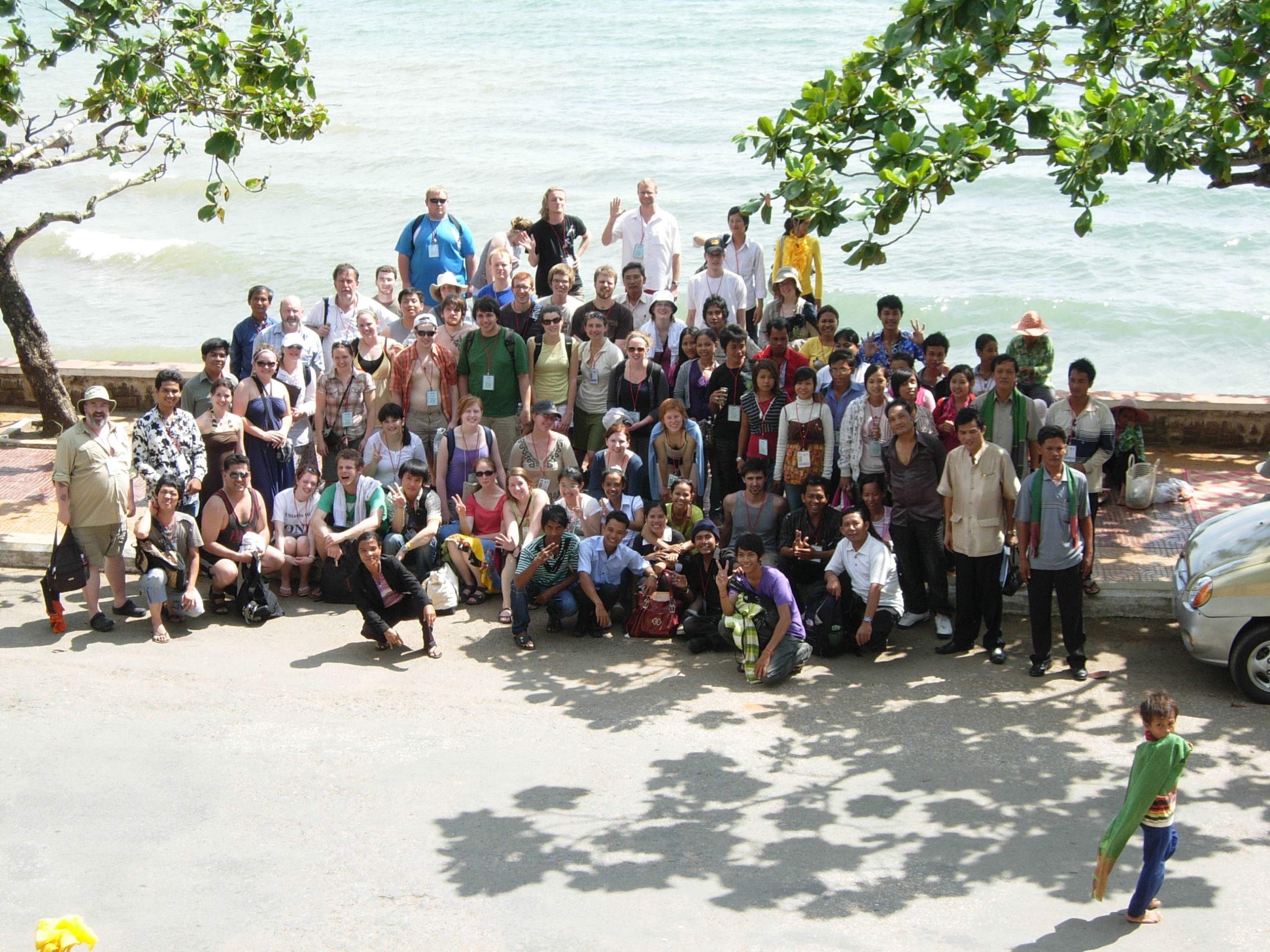 |
- 1973/74
- 1974/75
- 1975/76
- 1976/77
- 1977/78
- 1978/79
- 1980/81
- 1981/82
- 1982/83
- 1983/84
- 1984/85
- 1985/86
- 1986/87
- 1987/88
- 1988/89
- 1989/90
- 1990/91
- 1991/92
- 1992/93
- 1994/95
- 1995 REUNION
- 1995/96
- 1996/97
- 1997/98
- 1998/99
- 1999/00
- 2000/2001
- 2001/2002
- 2002/2003
- 2003/2004
- 2004/2005
- 2005/2006
- 2006/2007
- 2007/2008
- 2008/2009













